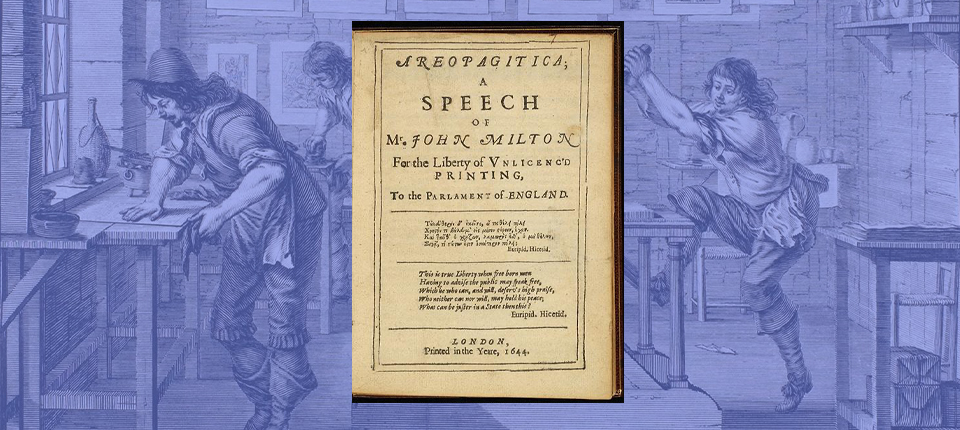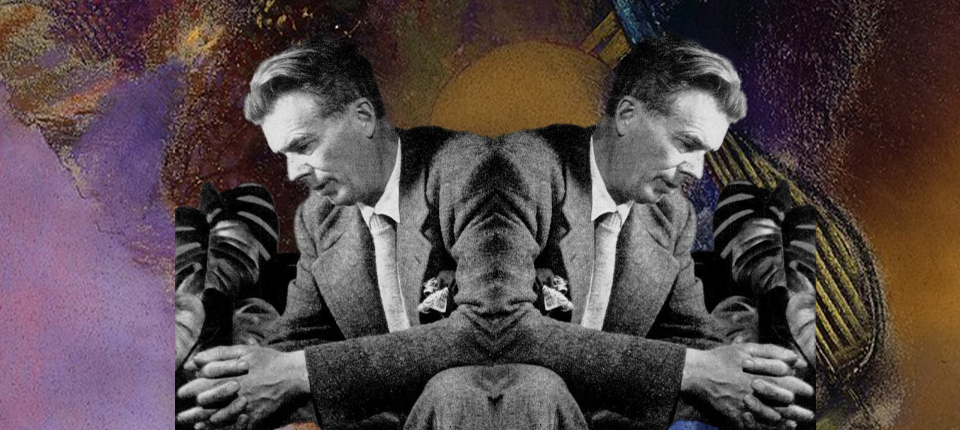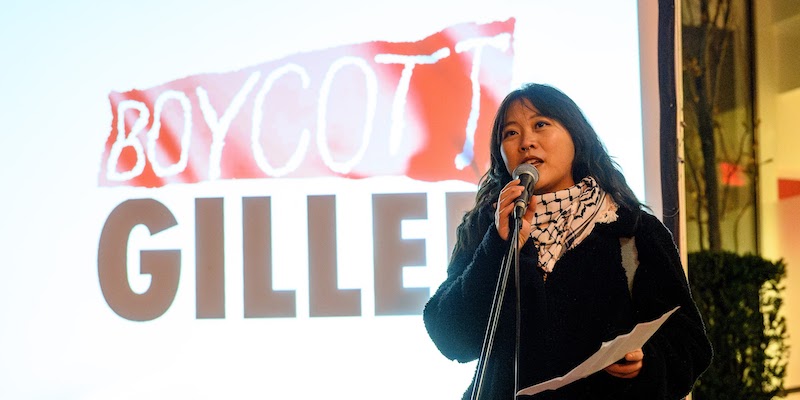Reviewing Andrew Motion and Stephen Regan’s The Penguin Book of Elegy (November 8), Alan Jenkins says that the lines “(I have made / an elegy for myself it / is true)” in Geoffrey Hill’s poem “September Song” are “comfortably self-exonerating”. I think this is a misreading of the poem’s impulse. The so-called “elegy” is placed in a modern tradition that reflects an undercutting of conventional approaches to the genre. Lament, praise, consolation and idealization are replaced by scepticism. This can be seen, for example, in Auden’s elegy for Yeats, where he refers to the Irish poet as “silly”, and in his elegy for Freud, who “wasn’t clever at all”, and was “wrong” and sometimes “absurd”. Hill has gone one step further by acknowledging his own ridiculousness and irrelevance. (How can one possibly write an elegy for oneself, especially when confronted by the historical horrors of the Holocaust?) What he is attempting to achieve in the poem is some hope of gaining self-worth in a world in which language itself is irredeemably corrupt. In such a world all the poet can hope for is to find some nexus between morality and aesthetics. “September Song” is a plea to reject “Arrogant acceptance from which song derives” (the phrase comes from Hill’s poem “Two Formal Elegies, for the Jews in Europe”), and its title is ironic. It consciously echoes, and subverts, Kurt Weill and Maxwell Anderson’s sentimental song of the same title from the Broadway musical Knickerbocker Holiday (1938).
In The Penguin Book of Contemporary Verse (1956), Hill wrote that the business of writing poetry had become dubious, probably with Adorno’s dictum in mind that no poetry could be written after Auschwitz. Hill wondered why he was bothering to “harp and fiddle” at all, something that confused Kenneth Allott, the editor of the anthology. Hill probably had in mind Marianne Moore’s phrase that “there are things that are important beyond all this fiddle”. Like Moore, although he might have had “a perfect contempt” for it, in reading (and writing) poetry Hill discovered “a place for the genuine”. Having a deep understanding and command of the elegiac tradition, he was able to go on to employ its artifice to undermine it. This is why he says, self-mockingly, “it / is true”. He doesn’t want to dodge the truth that he might, after all, be kidding himself, and us. Rather than the lines being “self- exonerating”, I would suggest they are self-questioning, self-excoriating, testing the very meaning of the word “elegy”. The poem then might best be described as an “anti-elegy”, an attempt to instantiate the fact that there is no comfort or exoneration possible in a world in which a ten-year-old child, a so-called “undesirable” or “untouchable”, is brutally murdered, a world in which, in Yeats’s (far from silly) words, “the ceremony of innocence is drowned”.
Sam Milne
Claygate, Surrey
Some late-interfering gremlin in human form decided that the “Rowe” I was referring to when, late in my review of The Penguin Book of Elegy, I commented on the absence of editorial comment on poetic forms, must be Nicholas Rowe (1674–1718). This despite my having spent a paragraph, only a few lines earlier, discussing the merits (or demerits) of an elegy by Elizabeth Rowe (1674–1737; no relation). This was bad form. I was talking, of course, about the latter. Admirers of the male Rowe looking to this anthology for anything by their hero will be disappointed.
Alan Jenkins
London W14
Israel and Palestine
As Andrew Roberts rightly says, (Letters, November 8), Winston Churchill’s testimony to the Peel Commission in 1937 showed that he “believed passionately in unrestricted Jewish immigration into Palestine”, and that he strongly supported the Zionist project, as he had done for many years. But there is more to it.
Giving evidence to the commission, in private for the moment, Churchill spoke with unusual candour and bluntness. He had no time for the Palestinian Arabs, who had fought for the Ottomans and lost – “They were beaten out of place” – and he reiterated his lifelong contempt for Islam. “When the Mohammedan upset occurred in world history”, the Muslim hordes “broke it all up, smashed it all up”. Now the Zionists were cultivating lands that under Arab rule had remained a desert, and “will never be cultivated by the Arabs”. Asked if the Muslims had not created a fine civilization in medieval Spain, he replied briskly: “I am glad they were thrown out”.
As to Mandatory Palestine under British rule, Churchill said truly enough that the British faced an inescapable choice: either “facilitate the establishment of the Jewish National Home, or we are to hand over the government of the country to the people who happen to live there at the moment. You cannot do both”. When Lord Peel, the chairman of the commission, asked whether there shouldn’t be some compunction about “downing the Arabs” merely because they wanted to remain in their own country, Churchill answered in still more forthright terms. He did not think the Palestinian Arabs should be allowed to dictate the future of the country simply because they had lived there so long. “I do not admit that right. I do not admit, for instance, that a great wrong has been done to the Red Indians of America, or the black people of Australia. I do not admit that a wrong has been done to these people by the fact that a stronger race, a higher-grade race, or, at any rate, a more worldly-wise race, to put it that way, has come in and taken their place.”
And so Churchill’s support for Zionism was founded on his belief that the Jews were a “higher-grade race” than the Palestinians. Even the current Israeli government or its western supporters, who also admire Churchill so much, might hesitate to quote his words with approval.
Geoffrey Wheatcroft
Combe Down, Bath
The Enlightenment
I appreciated Richard Whatmore’s positive review of my The Enlightenment: An idea and its history (November 8). We agree that these matters deserve new thought. Professor Whatmore himself recently published The End of Enlightenment, an important and scholarly contribution to this debate. These issues need to be explored at proper length elsewhere, but for the moment I note just one: his closing argument that “Surely the rise of Britain as a free and commercial state becomes central … Perhaps we need the Enlightenment after all” to prevent wars of religion. Here and elsewhere he echoes the scenario of the late István Hont, which I have always regarded as true but unimportant to the history of “the Enlightenment”, however important but untrue it might be in economic history. Whatmore is drawn to try to reinstate “the Enlightenment in all its variety” to serve a present-day need, but can such an attempt at resuscitation succeed? An argument that rests on the single word “surely” is hardly proven. Can either historical interpretations or social crusades be constructed on demonstrably false premisses? If the lightbulb has shattered into a thousand shards, it would take more than a “surely” or a “perhaps” to reassemble them into a unified movement. As always, metaphors fail when they are needed most.
Jonathan Clark
Callaly Castle, Northumberland
Kipling and Maugham
Not only have many “novels and stories” by Rudyard Kipling been adapted to visual media, as David Alan Richards points out (Letters, October 4), but so also has a Kipling poem, The Vampire (1897), which was the basis for at least nine American film adaptations between 1910 and 1923, with titles ranging from A Fool There Was to The Vampire of the Desert. Kipling’s poetical vampire and its screen successors are metaphorical, not literal bloodsuckers – adventuresses, of the type F. Scott Fitzgerald would refer to as society vampires in “Bernice Bobs her Hair” (1920). Besides an adventuress, Robert G. Vignola’s Kipling-inspired film The Vampire (1913) features a second, literal vampire in a five-minute scene set in a vaudeville theatre, where a seductive female played by Alice Eis bites a male in the neck, rolls his corpse downstage and dances around it in celebration. Shouldn’t this be considered the world’s first vampire film?
James Aubrey
Denver CO
Sherlock Holmes adaptations
The last time I saw my article on Silent Sherlock before it went to press (Arts, October 25), there was no comment in it claiming that Joanna MacGregor “also composed the scores”. I am aware (as pointed out by Ian Christie, Letters, November 8) that each of the three films has a different composer. At some point, I assume an editor must have reworded my original text without realizing an error had been introduced. Originally I did only single out MacGregor’s score for The Final Problem because it displays, to my mind, a more sophisticated engagement with the original text and film narrative. If Ian Christie is eager to insert Stoll’s film series within a British, pre-Hitchcock cinematic canon, good luck to him. But compared with Doyle’s originals or Jeremy Brett’s work for Granada, these are rather dull.
J. E. Smyth
University of Warwick
The lovely Perdita
I always turn first to a Norma Clarke article because I know it will be informative and entertaining. Her review of Mary Robinson at Chawton House (November 8) is excellent. In mentioning Robinson’s affair with Banastre Tarleton, however, Clarke describes him as a glamorous war hero. He was also an MP and prominent opponent of the abolition of slavery, which he described as misplaced philanthropy. Another MP hero of the American war, General Sir John Doyle, saw slavery as criminal activity. Tarleton’s fellow Liverpool MP William Roscoe was a leading supporter of abolition. Tarleton’s role in propping up slavery was neither heroic nor glamorous.
James Hanson
Wallington, Surrey
Greed is good
In Paula Marantz Cohen’s review of She-Wolves (October 25), she quotes Gordon Gekko in the film Wall Street (1987): “Greed is good”. Gekko was based on the Wall Street titan Ivan Boesky. In a commencement speech in 1986, Boesky said: “I think greed is healthy. You can be greedy and still feel good about yourself”. That was a few months before he was fined $100 million and sent to prison for insider trading. One wonders if he still felt good about himself.
Richard M. Waugaman
Georgetown University, Washington DC
The post The Penguin Book of Elegy appeared first on TLS.

 By Times Literary Supplement | Created at 2024-11-14 02:17:53 | Updated at 2024-11-23 21:13:11
1 week ago
By Times Literary Supplement | Created at 2024-11-14 02:17:53 | Updated at 2024-11-23 21:13:11
1 week ago








